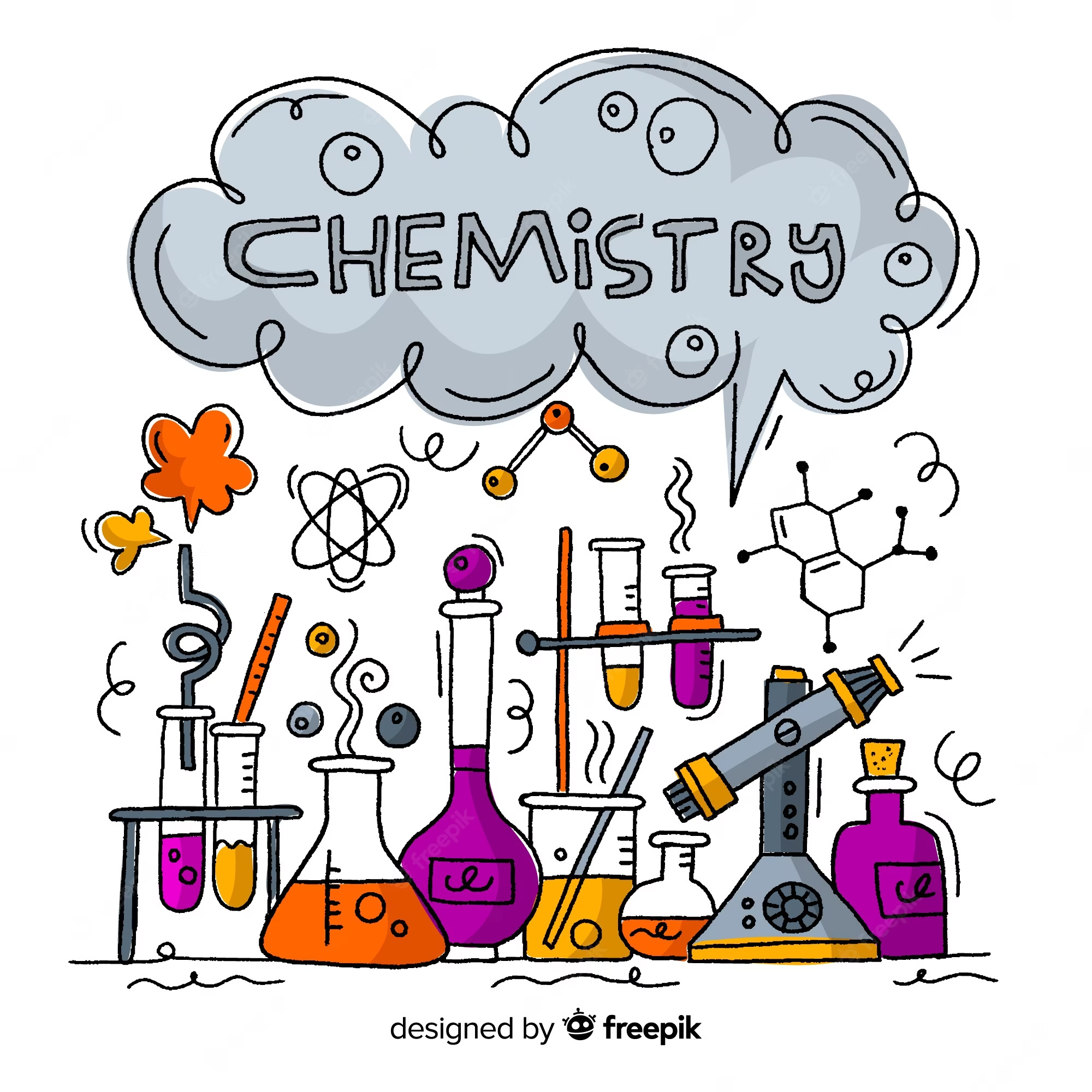
Practical Applications: Chemistry has numerous practical
applications in everyday life. It is essential in fields such as medicine,
pharmacy, agriculture, environmental sciences, materials science, and food
technology. Understanding chemistry concepts enables students to comprehend the
underlying principles behind these applications and make informed decisions.
Problem-Solving and Analytical Skills: Chemistry involves
analytical thinking and problem-solving skills. It requires students to analyze
data, interpret experimental results, and draw conclusions based on evidence.
These skills are transferable and valuable in various scientific and
non-scientific disciplines.
Laboratory Skills: Chemistry education often includes
laboratory work, which allows students to develop essential laboratory skills,
such as observation, measurement, data collection, and experimental techniques.
These skills foster scientific inquiry, attention to detail, and a better
understanding of the scientific method.
Environmental Awareness: Chemistry plays a crucial role in
understanding and addressing environmental issues. It helps students comprehend
topics such as pollution, climate change, energy production, and sustainable
practices. By understanding the chemical processes involved, students can
contribute to environmental conservation and make informed decisions about
their impact on the planet.
Health and Safety: Chemistry education emphasizes the
importance of safety and responsible handling of chemicals. Students learn
about proper lab procedures, hazard identification, and risk assessment. This
knowledge ensures the safe handling of chemicals, promotes a culture of safety,
and encourages responsible decision-making in both scientific and everyday
contexts.
Career Opportunities: Chemistry opens up various career
opportunities. Chemists work in research and development, pharmaceuticals,
environmental monitoring, forensics, quality control, and many other fields. A
strong foundation in chemistry can lead to diverse and rewarding careers.
Personal Development: Studying chemistry enhances critical
thinking, problem-solving abilities, and logical reasoning. It also fosters
skills such as data analysis, attention to detail, and scientific literacy.
These skills contribute to personal development and empower individuals to
think critically and make informed decisions in various aspects of life.
In summary, chemistry education provides students with a
deeper understanding of matter, its properties, and its interactions. It has
practical applications, develops problem-solving skills, and offers career
opportunities in various fields. Additionally, chemistry education promotes
environmental awareness, safety consciousness, and personal development.

